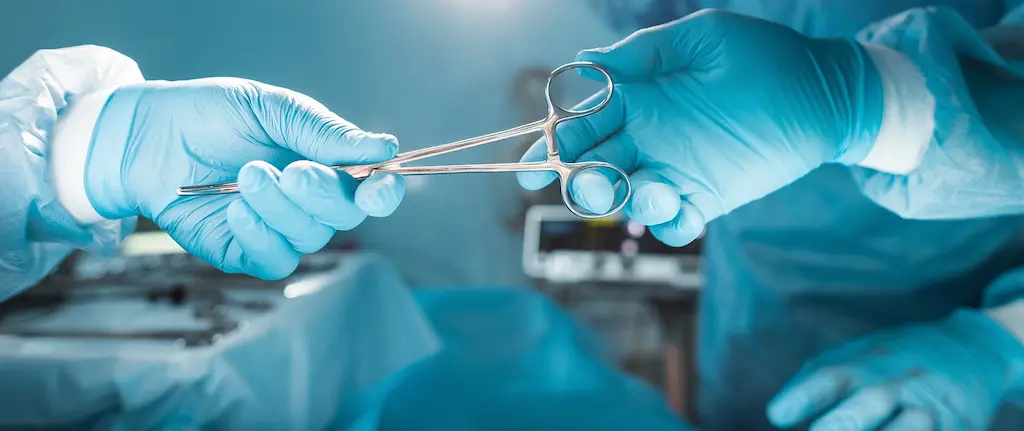Statewide Compensation and Cost of Living Impact
New York presents a complex compensation landscape for surgical technologists, where high nominal salaries must be evaluated against substantial cost of living considerations, particularly in metropolitan areas. The state's surgical technologist positions command premium wages that reflect both the high cost of living and the concentration of world-class medical facilities. Major hospital systems like NewYork-Presbyterian offer competitive compensation packages, with positions ranging from $77,688 to $98,197 annually for mid-shift pediatric surgical technologists, demonstrating the premium placed on specialized skills and non-standard scheduling.
The cost of living impact significantly affects real purchasing power for New York surgical technologists. While NewYork-Presbyterian's pediatric positions offer $37.35-$47.21 per hour, the actual purchasing power varies dramatically between New York City and upstate regions. Manhattan-based technologists earning $90,000+ may have less discretionary income than counterparts in Rochester or Buffalo earning $65,000 due to housing costs that can consume 40-50% of gross income.
New York surgical technologist compensation demonstrates significant regional variation patterns:
- New York City metropolitan area: $85,000-$105,000
- Long Island: $75,000-$95,000
- Upstate major cities (Albany, Buffalo, Rochester): $60,000-$80,000
- Rural upstate regions: $55,000-$72,000
- Westchester/Rockland counties: $78,000-$98,000
The state's healthcare sector benefits from proximity to major medical schools and research institutions, creating opportunities for surgical technologists to work with cutting-edge technologies and complex procedures. Academic medical centers including Columbia University Medical Center, NYU Langone, and Mount Sinai Health System offer competitive compensation while providing exposure to innovative treatments and research opportunities that enhance long-term career prospects.
Public hospital systems provide different compensation structures than private facilities. NYC Health + Hospitals offers Level II surgical technologist positions at $85,000 annually for new hires, with structured advancement opportunities and comprehensive benefits packages that include pension plans, health insurance, and job security advantages associated with civil service employment.
Understanding comprehensive salary structures in New York requires evaluating total compensation packages rather than focusing solely on base pay. Many facilities offer housing stipends, transportation allowances, and educational benefits that significantly enhance overall compensation value, particularly important given the state's high living costs and extensive continuing education requirements.
Shift Differentials and Premium Pay
New York's healthcare facilities extensively utilize shift differentials to ensure adequate staffing across all hours, creating substantial earning opportunities for surgical technologists willing to work non-traditional schedules. The state's 24/7 trauma centers, academic medical centers, and specialty hospitals rely on skilled technologists around the clock, driving competitive premium pay structures that can significantly increase annual earnings beyond base salaries.
NewYork-Presbyterian's compensation structure illustrates typical shift differential patterns, with overnight positions offering $41.55-$50.65 per hour compared to standard day shift rates. This premium reflects the challenges of overnight work and the critical nature of emergency procedures that occur during non-business hours. The overnight differential can add $8,000-$15,000 annually to base compensation for full-time positions.
Shift differential structures across New York facilities demonstrate earning enhancement opportunities:
- Evening shift differential: 10-15% premium ($5,000-$8,000 annually)
- Night shift differential: 15-20% premium ($8,000-$12,000 annually)
- Weekend differential: 12-18% premium ($6,000-$10,000 annually)
- Holiday premium: 1.5-2.0x base rate ($150-$300 per holiday)
- On-call compensation: $3-8 per hour plus callback rates
The mid-shift differential, exemplified by NewYork-Presbyterian's pediatric positions, addresses staffing needs during transitional periods when day and night shifts overlap. These positions often combine elements of both shifts, requiring technologists who can handle both scheduled procedures and emergency cases. The mid-shift premium typically ranges from 8-12% above base rates, adding $4,000-$7,000 annually while providing unique scheduling flexibility.
Critical care and trauma designations create additional premium opportunities. Level I trauma centers throughout New York offer trauma pay differentials for technologists who maintain emergency response certifications and demonstrate proficiency in rapid response situations. These premiums can add $3,000-$6,000 annually while providing valuable experience in high-acuity environments.
Call-back compensation provides significant earning opportunities for experienced technologists willing to be available for emergency procedures. Many facilities offer guaranteed minimum call-back pay of 2-4 hours at premium rates, even for shorter procedures. During busy periods or staff shortages, experienced technologists can earn substantial additional income through call-back assignments, potentially adding 20-30% to their annual compensation.
